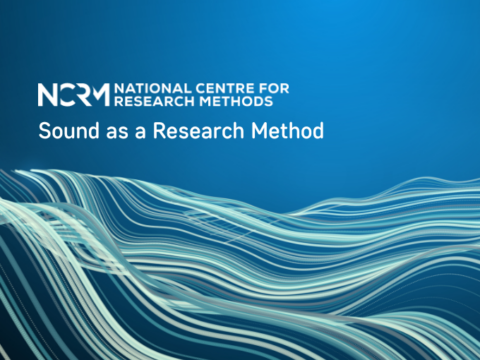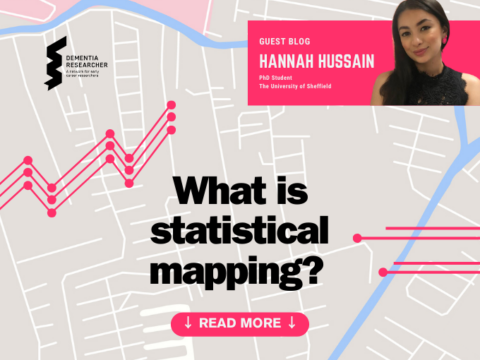In this video, National Centre for Research Methods, Senior Research Officer Anna Dearman describes some of the ways in which researchers are using biological “-omics” datasets, and discusses approaches which could be adopted by social scientists.
Multiomics, multi-omics, integrative omics, “panomics” or ‘pan-omics’ is a biological analysis approach in which the data sets are multiple “omes“, such as the genome, proteome, transcriptome, epigenome, metabolome, and microbiome (i.e., a meta-genome and/or meta-transcriptome, depending upon how it is sequenced); in other words, the use of multiple omics technologies to study life in a concerted way. By combining these “omes”, scientists can analyze complex biological big data to find novel associations between biological entities, pinpoint relevant biomarkers and build elaborate markers of disease and physiology. In doing so, multiomics integrates diverse omics data to find a coherently matching geno-pheno-envirotype relationship or association.






